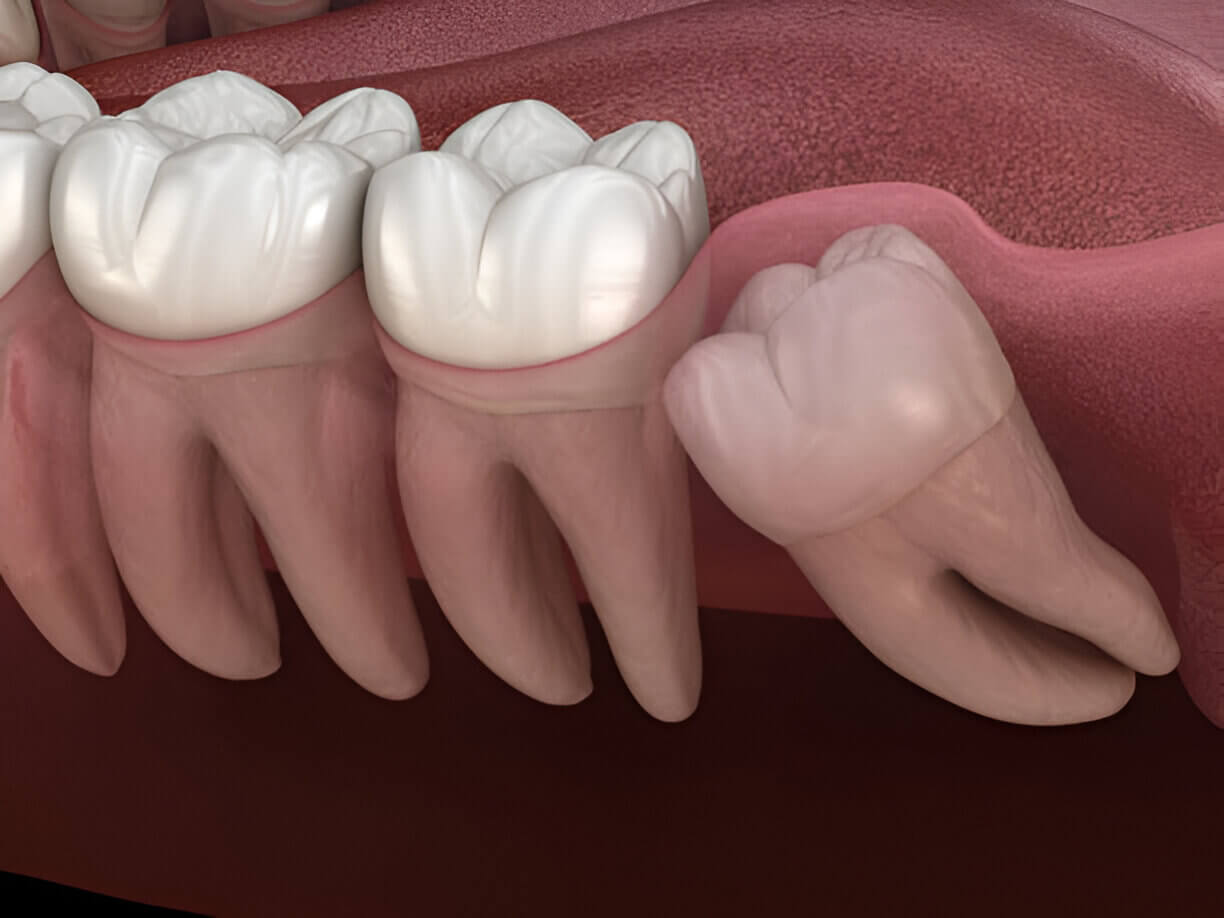It is a routine operation to undergo wisdom tooth extraction, but it often has odd side effects most patients find different. Some individuals will end up saying the most ludicrous or embarrassing things when they awaken immediately after the surgery. Generally, this is due to the effects of anesthesia or sedation. But they could be funny moments, and they pose similar questions on what to expect from surgery, how to manage recovery, and what to do to heal fast and most effectively afterward.
What Makes People Behave Weird After Wisdom Teeth Are Removed?
1. Effects of Anesthesia
Sedation Effect:
During this procedure, typically, during wisdom tooth surgery, local anesthesia, general anesthesia, or IV sedation is used to numb the pain and keep the patient relaxed, whose listless effects would at times even make them speak, and modulate memory and behavior temporarily.
Disinhibition:
Medications used during surgery may de-inhibit some individuals such that they say or do things that otherwise are not in their norm.
2. Post-Surgery Dazedness
Being dazed or confused after surgery is pretty normal and can lead to speech without a filter.
3. Pain Medications
The strong pain relievers that are often prescribed after surgeries can add to drowsiness or slurred speech and also tend to create a higher chance of saying unexpected things.
Can I Talk After Having Wisdom Teeth Removed?
Immediately After Surgery- Speaking After Teeth Extraction
Technically, yes. You can speak after the extraction of wisdom teeth; however, it is best advised that for 24-48 hours following the surgery, you refrain from talking too much. The intense jaw movement usually displaces the blood clot on the bony socket and may even disturb the stitches, leading to something more complex as a dry socket.
Some Speech Minimizing Methods:
- Write it down instead of talking about something important.
- Use simple hand gestures to communicate during recovery.
Things Not to Do After Wisdom Tooth Surgery
1. Don’t Talk Much
To avoid unnecessary movement of your jaw, do not talk excessively; Talk duration should be reasonable.
2. Use Neither Straws Nor Spitting
Straws produce suck action that could cause blood clots to get dislodged, leading to a dry socket.
3. Hard or Crunchy Foods
It is good to eat soft foods, such as soup, yogurt, and mashed potatoes so that you do not hurt the surgical site by eating other hard foods.
4. No Smoking or Vaping
Both these activities delay healing and otherwise greatly increase the chances of risks and complications.
Recovery Tips on Wisdom Teeth Removal
1. Adhere to Specific Aftercare Instructions
Your oral surgeon should give you specific aftercare guidelines. Follow them to ensure a smooth recovery.
2. Pain Management
Use the prescribed medications as directed. You may also take over-the-counter medications such as ibuprofen that may be helpful in relieving the swelling and discomfort.
3. Cold Compress
Apply a cold compress on the outside of the cheek during the first 48 hours to reduce the swelling.
4. Hydration and Diet
Drink plenty of water and soft nutritious foods to help you heal. Avoid taking hot fluids during the early part of your recovery.
Prevention of Dry Socket
What Is a Dry Socket?
Dislodgement of the blood clot that protects the area within a surgery results in a dry socket. This causes exposure to the bone and nerves below and is painful to the individual while significantly prolonging healing time.
Tips to Avoid Dry Socket:
- Do not use straws or spit forcefully.
- Avoid smoking or vaping.
- Limit vigorous rinsing during the first 24 hours.
Common Side Effects of Wisdom Teeth Surgery
1. Swelling and Bruising
Usually, around 2-3 days after surgery, the symptoms of swelling subside within the next week.
2. Discomfort and Pain
Mild to moderate pain is quite common and can be relieved with prescribed or over-the-counter medications.
3. Difficulty Speaking or Eating
Temporary jaw discomfort may make speaking and eating difficult.
4. Bleeding
Bleeding minorly appears as common within the first 24 hours. Gently bite gauze to help control bleeding.
Speech Problems After Wisdom Teeth Surgery
Why It Happens
You can temporarily affect your speech by the swelling, numbness, as well as soreness of the jaw and tongue.
How to Resolve the Speech Issues
Try being patient and let your mouth heal itself.
Don’t force speech until the swelling subsides.
How to Heal Fast After Wisdom Teeth Removal
1. Rest and Recovery
Take it easy for the first 2-3 days, avoiding strenuous activity.
2. Maintain Oral Hygiene
Saltwater rinses your mouth very gently for the next 24 hours to clean your surgical site and do not brush that area for now.
3. Staying Hydrated
Being hydrated will provide a much better healing process while helping to prevent a dry mouth.
4. Follow Up With Your Dentist
Make sure you keep the appointed post-operative dressing sessions to achieve proper healing.
Pain Management Following Wisdom Teeth Surgery
Over-the-counter Options
Ibuprofen and acetaminophen are good choices for the relief of mild to moderate pain.
Prescribed Medications
Dental prescription for analgesics may be partly stronger than the pain reliever prescribed by the dentist. This needs to be followed strictly to the letter.
Home Remedies
After 48 after ice and cold compress, use warm compresses to ease the stiffness.
What if you end up saying something really embarrassing?
If you have an embarrassing thing to say after surgery, you must remember that it will mostly be forgotten by others in no time. Here are some ways to avoid saying anything bad:
- Let them know beforehand with your oral surgeon and caregivers.
- Ask for very little conversation around your recovery time.
Conclusion
Removing wisdom teeth is a fairly straightforward process, but post-operative care is really crucial to ensuring smooth recovery. While saying something embarrassing after surgery can be one of the funny side effects of anesthesia, it is only temporary, and harmless, and it will all be forgotten. Recovery tips and personal hygiene should take precedence over common pitfalls like dry sockets in the list of things to focus on. You’ll heal quickly and avoid complications, thus making the process as stress-free as possible.
You might also like: Tongue-Sucking
 About the Author
About the Author
Dr. Tahoor Khan (MBBS) is a licensed medical doctor with over 10 years of experience in health and beauty. As the founder of Health Gardeners, Dr. Khan blends modern medical knowledge with holistic wellness practices to provide evidence-based advice on skincare, nutrition, and overall well-being.
Contact Dr. Tahoor Khan
📧 submissions@healthgardeners.com
📘 Facebook
